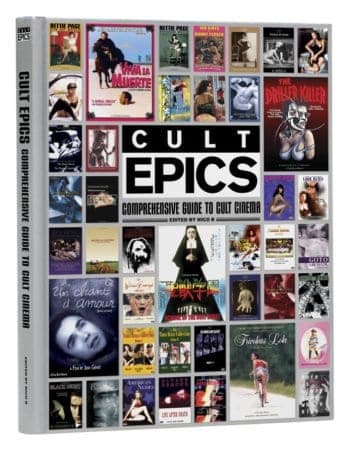BILLY BUDD REVIEWED
“Billy Budd” is one of those Melville novels that you encounter as a literature student. There were three stories that always seem to dot particular parts of your life. Kids are made to read Moby Dick. Teens/early college students are made to read Billy Budd. Then, there is the weird resurgence of “Bartleby, the Scrivener” among business school nerds. Each book has its place in a life, but Melville is so droll that people can easily miss the point. Right now, you’re wondering…when in the hell is he going to talk about the movie? That’s when I sigh and then carry on what I was doing in the first place.
Terence Stamp was supposed to be Jesus in this flick. Robert Ryan played the good nature of well-meaning men, while director Peter Ustinov played the evil Captain cut from the Bligh mold. The two men were corrupted by their self-promoting nature. All the while, young Billy Budd stutters through adversity as all of this is just a job to him. He only stands up and fights off mutiny attempts to make a better life for his fellow sailors. This doesn’t appease the Lords of Men or the Devilish Captain.
Taking advantage of his stutter, the higher-ups use their legal system to beat him into submission. When sentenced to be hanged on trumped-up charges, Billy Budd can’t speak due to the high emotions. All of the men hang back and watch their fellow sailor sacrificed for their sins, as those that would rule them fail to take responsibility. Yeah, I know…by the end it’s pretty heavy-handed. But, that’s what Ustinov intended as a director.
Quoted in interviews from 1962, Ustinov wanted to find the positive humanity in the original story. It’s important to know that Billy Budd was Melville’s last work. The book was published 30 years after his death to modest fanfare following World War I. But, its reputation grew as the Western world wanted more tales of military might and daring feats. While not being jingoistic, it was a reassuring tale for veterans that had witnessed the horrors of mustard gas and mass carnage.
The film and the novel don’t end quite the same, as Ustinov wanted the bad players to get their comeuppance. Still, it’s amazing to see Terence Stamp make his film debut and secure his only Oscar nomination. Stamp was such a perfect fit for the character that I’m surprised he wasn’t asked to play Jesus in “The Greatest Story Ever Told”. Would it be typecasting? Kinda, but the lateral move would’ve been perfection. Pick it up and give it a spin. But, make sure to check out the commentary with Stamp and director Steven Soderbergh. It’s probably one of the best commentaries I’ve heard this year.
SPECIAL FEATURES
- Commentary
A/V STATS
- 2.35:1 1080p transfer
- DTS-HD 2.0 MONO


